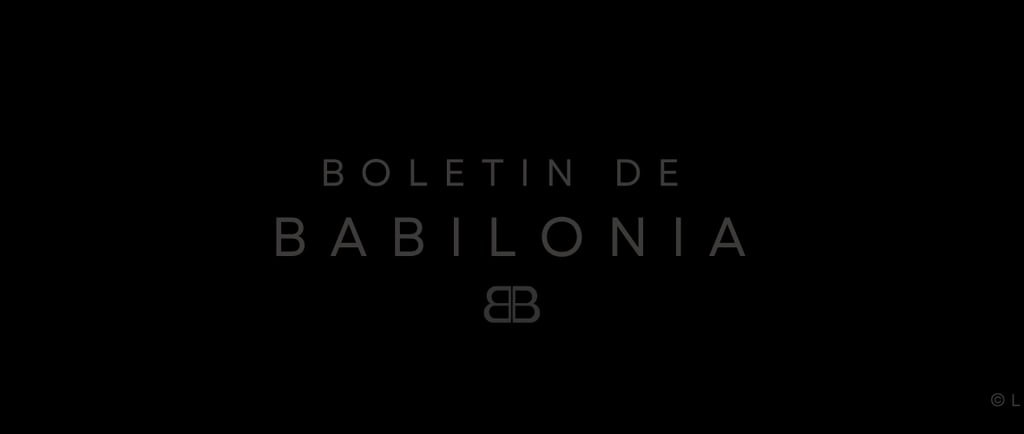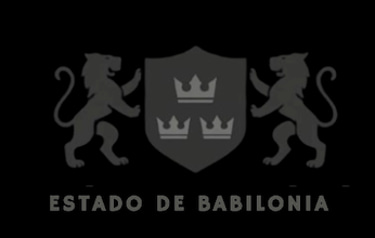2
PAGINA OFICIAL DE LEA CELIK SOMMERSETH SHAW
MEDITERRÁNEO RUSAKURDA, FILÁNTROPO, FUNDADOR MN: ESTADO BABILONIA, EMPRESARIO MULTIDISCIPLINARIO, DIRECTOR CREATIVO, COMPOSITOR, ESCRITOR, AMBIENTALISTA
Not US, Europe based Philanthropist
My English is for Liberia, South Africa and my Spanish Colombia, Venezuela
Lea Celik Sommerseth Shaw
9/20/2025


My Spanish and English
by Lea Celik Sommerseth Shaw
I have always believed that languages are more than words. They are vessels of history, guardians of culture, and bridges between peoples. Wherever I travel, I see how languages carry not just meaning, but also identity, resilience, and history. The stories of English in Liberia and South Africa, and Spanish in Colombia and Venezuela, speak to me as powerful examples of how language can shape nations and preserve communities.
Liberia, a nation born with English as part of its foundation. Freed African Americans carried with them not just their hopes for freedom, but also their language. By choosing English, they created a common ground—a way to unite many ethnic groups and give the nation a voice in the world.
In Liberia today, English is still that bridge. It links people from different communities while also bearing the unique sounds and rhythms of Liberian life. For me, it is a reminder that even when a language comes from outside, it can be reshaped into something deeply local, deeply authentic.
South Africa tells a different story. Here, English came as part of colonial expansion, yet it transformed into something more complex. During apartheid, English became a tool of resistance. It carried the voices of those who demanded justice and freedom.
Now, in a South Africa that honors 11 official languages, English continues to serve as a connector. It may not be the first tongue of the majority, but it has become a language of business, politics, and education. To me, English in South Africa symbolizes resilience: how a language once tied to domination can be reclaimed as a medium of empowerment.
Crossing into Latin America, I see Spanish in Colombia as a living mosaic. It is one language, but within Colombia it carries so many voices, so many colors. It was brought through colonization, yet it has been reshaped by Indigenous, African, and European influences into something unmistakably Colombian.
I hear it in the music, in the literature, in the everyday speech of its people. Each region gives it a new accent, a new rhythm. Colombian Spanish is not just “correct” or “clear”—it is alive, reflecting the country’s diversity and its creative energy.
Venezuela gives Spanish yet another face. It is musical, expressive, and full of warmth. When I listen to Venezuelan Spanish, I feel the intensity of the land and its people. It is a language that has carried the nation’s struggles and its hopes—from Bolívar’s revolutionary dreams to the voices of today’s artists and thinkers.
Spanish in Venezuela is not only about communication; it is about passion, about belonging, about vision. It reminds me that language can be the heartbeat of a people.
English in Liberia and South Africa, Spanish in Colombia and Venezuela—these stories show me that languages are not frozen in time. They are constantly moving, reshaping themselves in the hands and hearts of their speakers. They can be tools of survival, instruments of resistance, or pathways to unity.
For me, celebrating these languages is about more than heritage. It is about ensuring that future generations know where their voices come from, and how those voices can continue to carry identity, dignity, and hope into the world.
Lea Celik Sommerseth Shaw/ISIK
Nile City 20 September 2025
LCSS INC™ Estado Babilonia, Nile Business City Cairo. Tumbuktu, Snyrna, Alexandria. Lea Celik Sommerseth Shaw INC.
152-154 Saint Germain Des Pres 75006 Paris
100 Bishopsgate London EC2N 4AG
Not France/UK based please see Paris ASE corruption
ALPHA OMEGA EDICION
These are Lea's Only Social media and Lea Always post public. Always have No DM/Chat Notifications, Lea correspondence and represent her works herself in person.
Links to some of Lea's Independent Publications and Productions
© 2025 LCSS INC. Lea Celik Sommerseth Shaw. All rights reserved.
